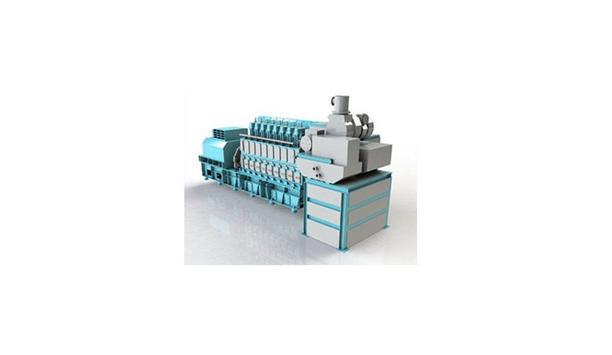The European Parliament, Council and Commission have reached a preliminary agreement on maritime elements of the EU ETS. Including the maritime sector in the EU ETS will encourage shipping’s journey towards decarbonisation, as well as accelerate emission reductions among non-maritime sectors.
The provisional agreement on shipping is subject to an overall agreement on the ETS revision, which is scheduled for later this year or next.
EU ETS for maritime
Liner shipping is already investing in the transition to zero GHG fuels"
“Liner shipping is already investing in the transition to zero GHG fuels, and is eager to operate vessels using renewably derived marine fuels distributed through a sustainable supply network. We are ready, and we hope that the EU ETS for maritime will help drive investment in renewable energy, as well as in the supply networks needed for the alternative maritime fuels necessary to make the transition,” says Jim Corbett, the World Shipping Council’s (WSC) Environmental Director for Europe.
The agreement also sets in motion the next steps for the EU (European Union) to make the ETS maritime truly green, by including all greenhouse gases (GHG), as well as outlining steps towards a life cycle perspective. Developing a life cycle perspective on the pricing of ETS allowances will reflect not only fuel emissions when consumed but also GHG emissions from marine fuel production.
Including all GHGs in the EU ETS is a key step
Jim Corbett adds, “Including all GHGs – CO2, methane and nitrous oxide - in the EU ETS is an important step. But only when the EU ETS takes a full life cycle perspective will it reach its real potential, increasing the competitiveness of truly renewable fuels.”
He continues, “A correct price signal is the key to driving investment in the green energy necessary to produce sustainable fuels. With the agreed phase-in, there is a window of opportunity to move forward with a rapid adoption of life-cycle perspectives. This will also align the EU ETS with FuelEU requirements, promoting the uptake of new fuels.”
Putting a price on GHG emissions on a global level
The EU institutions have all emphasized the importance of reaching a global agreement at the IMO
The EU institutions have all emphasized the importance of reaching a global agreement at the International Maritime Organization (IMO). With the IMO MEPC 79 beginning in less than two weeks, there are a number of detailed proposals on the table for putting a price on GHG emissions on a global level.
Jim Corbett continues, “International regulation through the UN IMO presents an opportunity to drive a global transition in line with the Paris agreement. Global regulation – an international price on carbon emissions from shipping together with other measures to drive the supply of green energy and fuels - is the fastest and most efficient route to decarbonising shipping as a whole.”
He adds, “We urge the EU to ensure that the EU ETS is a green pathway towards global decarbonisation, and to work for effective global regulations at the IMO in December.”












